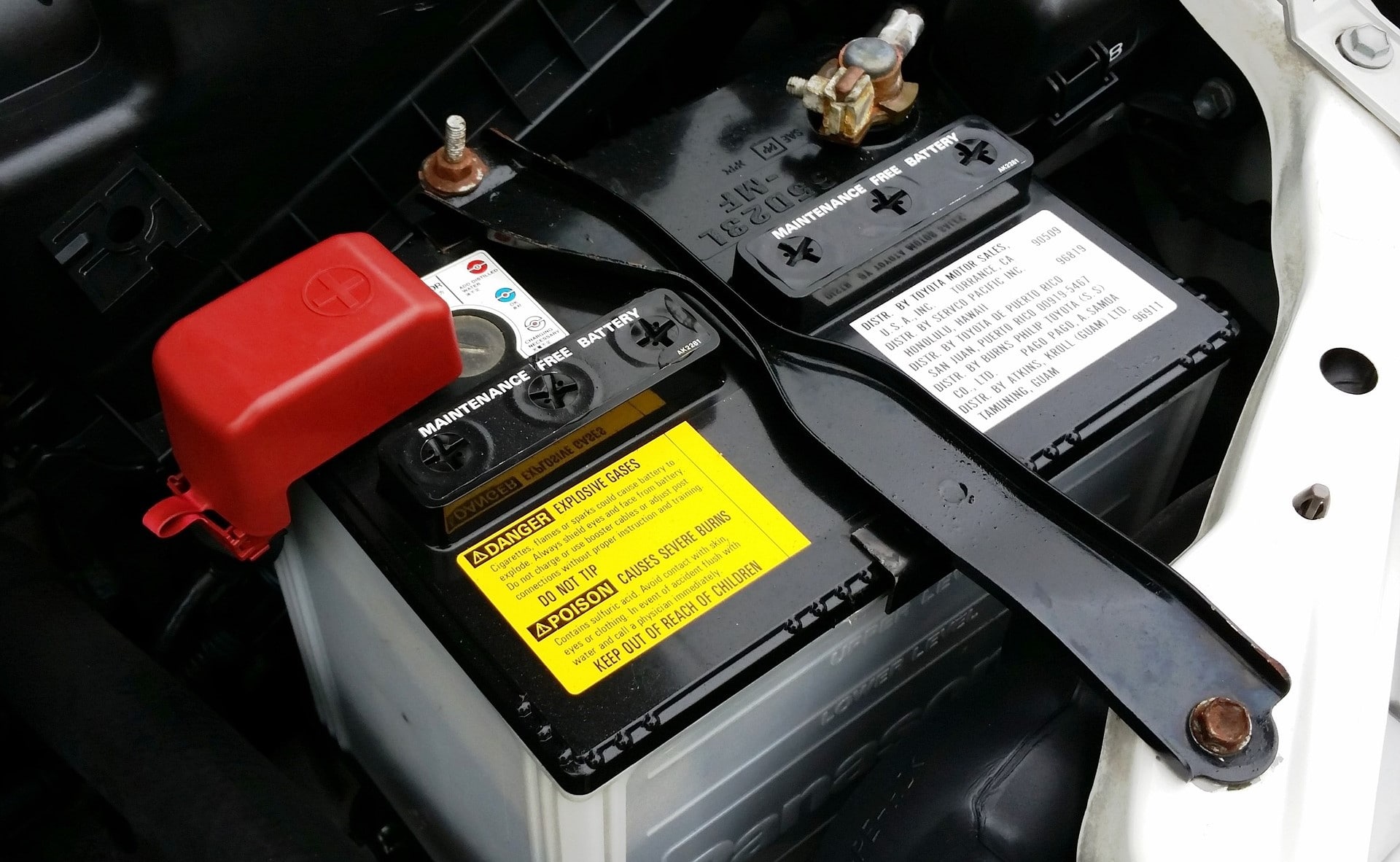
| Court | General Court |
| Date of ruling | 23 May 2019 |
| Case name (short version) | Recylex SA and Others v European Commission |
| Case Citation | T-222/17
ECLI:EU:T:2019:356 |
| Key words | Competition — Agreements, decisions and concerted practices — Market for lead-acid car battery recycling — Decision finding an infringement of Article 101 TFEU — Coordination of purchase prices — Fines — Point 26 of the 2006 Leniency Notice — Point 37 of the Guidelines on the method of setting fines — Unlimited jurisdiction |
| Basic context | By its judgment in Case T-222/17 Recylex and Others v Commission of 23 May 2019, the Tribunal dismissed the action brought by Recylex SA, Fonderie et Manufacture de Métaux SA and Harz-Metall GmbH (hereinafter ‘Recylex’), companies active in the production of recycled lead and other products, seeking reduction of the amount of the fine imposed by the Commission in its decision{1} on an infringement of Article 101 TFEU. The infringement took the form of agreements or concerted practices between four groups of undertakings in the territories of Belgium, Germany, France and the Netherlands. It consisted in the co-ordination of purchase prices for waste lead-acid automotive batteries used for the production of recycled lead. |
| Points arising – admissibility | – |
| Points arising – substance | Competition – Fines – Amount – Determination – Commission notice on immunity from fines and reduction of fines in return for cooperation from the offending undertakings – Imperative nature for the Commission
Competition – Fines – Amount – Determination – Reduction of the fine in return for the cooperation of the undertaking concerned – Conditions – Undertaking first to provide decisive evidence – Criteria for assessment Competition – Fines – Amount – Determination – Judicial review – Full jurisdiction of the Union judicature – Scope – Taking account of the Guidelines on the method of setting fines – Limits Competition – Fines – Amount – Determination – Adjustment of the basic amount – Contributory capacity – Obligation to take account of the loss-making financial situation of the undertaking concerned – Absence The administrative procedure which led to the contested decision was initiated following an application for immunity by JCI, one of the groups of undertakings concerned. Eco-Bat, another group of undertakings, and then Recylex applied for immunity or, alternatively, reduction of a fine under the Commission’s 2006 Notice on Cooperation{2}. JCI was granted immunity and Eco-Bat was granted a 50 % reduction of the fine on the grounds that it was the first company to provide evidence with significant added value. Recylex, the second company to provide such evidence, was granted a 30 % reduction. In this context, the Tribunal had to decide whether, where two undertakings provided evidence with significant added value, the second undertaking could take the place of the first, if the latter’s cooperation proved not to comply with the requirements of paragraph 12 of the 2006 Cooperation Notice. In that regard, the Tribunal found that it follows, inter alia, from the very logic of the 2006 Cooperation Notice that the effect sought is to create a climate of uncertainty within cartels by encouraging their denunciation to the Commission. That uncertainty arises precisely because the participants in the cartel know that only one of them will be able to benefit from immunity from fines by denouncing the other participants in the infringement, thereby exposing them to the risk of fines being imposed on them. Under this system, and according to the same logic, undertakings that are quickest to cooperate are expected to benefit from greater reductions in the fines to which they would otherwise be subject than those granted to undertakings that are slower to cooperate. The chronological order and speed of cooperation offered by cartel members are therefore fundamental elements of the system set up by the 2006 Cooperation Notice. {1 Commission Decision C(2017) 900 final of 8 February 2017 relating to a proceeding under Article 101 TFEU (Case AT.40018 – Recycling of automotive batteries).} {1 Commission Decision C(2017) 900 final of 8 February 2017 relating to a proceeding under Article 101 TFEU (Case AT.40018 – Recycling of automotive batteries). {2 Commission Notice on Immunity from fines and reduction of fines in cartel cases (OJ 2006 C 298, p. 17).} {3 Commission Decision C(2017) 900 final of 8 February 2017 relating to a proceeding under Article 101 TFEU (Case AT.40018 – Recycling of car batteries). |
| Intervention | – |
| Interim measures | – |
| Order |
|
| Fine changed | – |
| Case duration | 2 years 1 month |
| Judge-rapporteur | Collins |
| Notes on academic writings | – |

